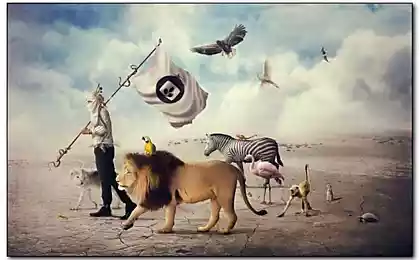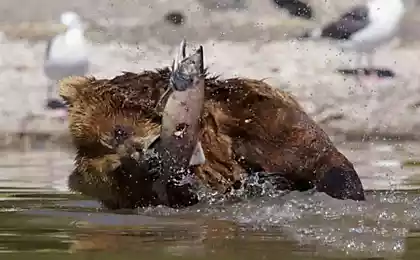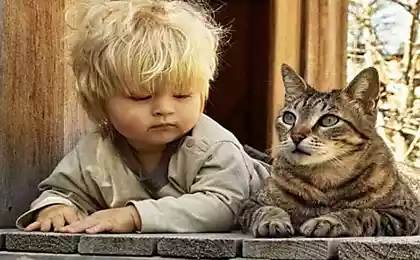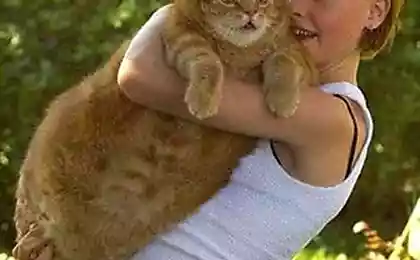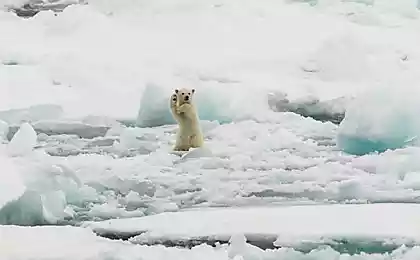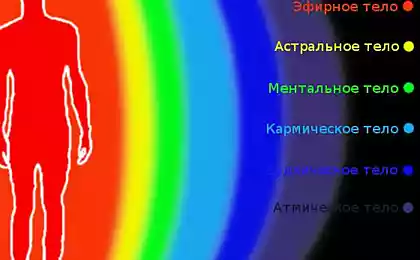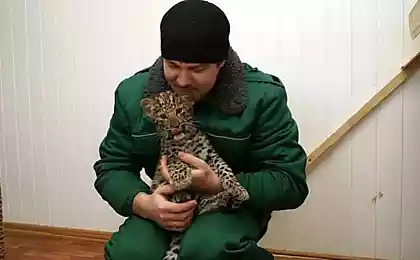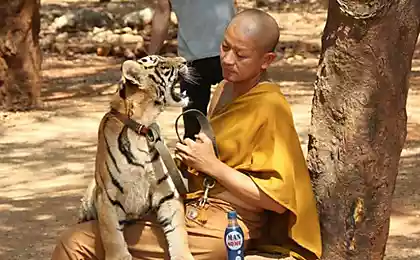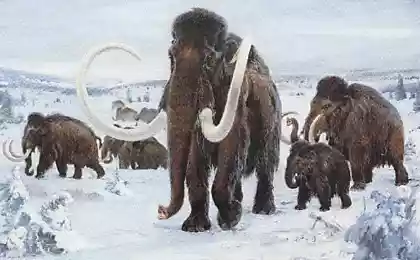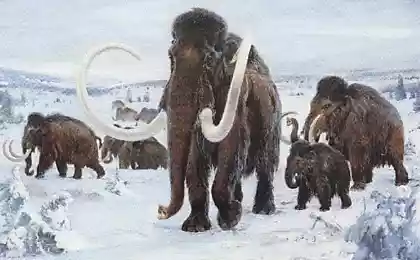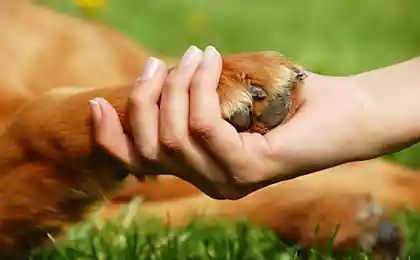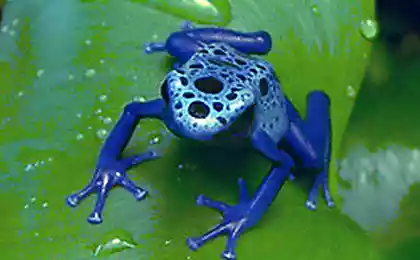715
7 of unexpected features that native people with animals
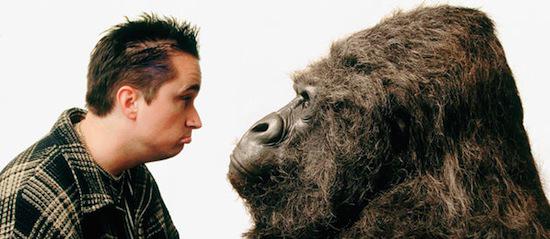
We humans consider ourselves very special creatures, much more highly organized than the rest of the animal world. Meanwhile, we have much more in common with our smaller brethren than we think.
That's what we get from them so different? Mathematics? Monkey with her, too, do a good job. Using tools? It is able to even the birds. Culture? Alas, it also has a chimpanzee.
Here you will find some more features in common, which is likely never knew:
1. Ears like kuznechika
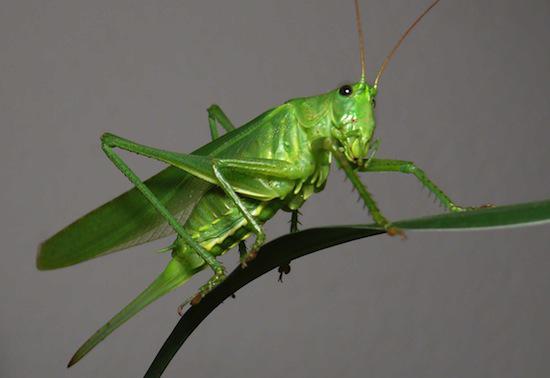
The human ear has a complex structure, which allows to convert sound waves into mechanical vibrations such that our brain is able to process. All the same, as it turned out, there grasshoppers uglokrylyh. According to the study, published November 16, 2012 in the journal Science, the ears of this insect are arranged in much the same way as men, including the eardrums of the auditory ossicles and fluid-filled cavity. Ears grasshoppers slightly easier to ours, but they can pick up a lot more sounds.
2. The ability to speak like slonov
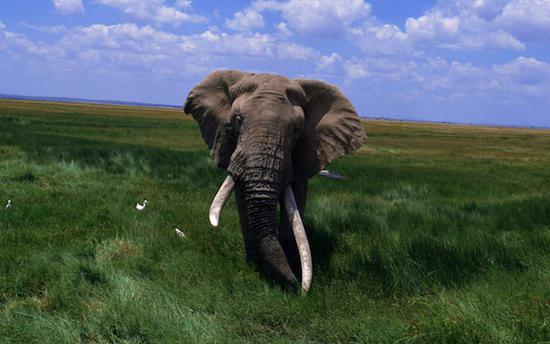
In the use of language remains an indisputable advantage for the person (at least as far as we know), but even elephants can play sounds like human speech. One elephant from a zoo in South Korea, for example, be used to get the hand of the trunk and neck. He can say "hello", "good", "no", "sit" and "lie" - the Korean language course.
It is unlikely that the elephant understands what these words mean. Scientists believe that he was able to learn it, because at the age of five to twelve years did not see their own kind, and spoke exclusively to people.
3. Grimaces like myshi
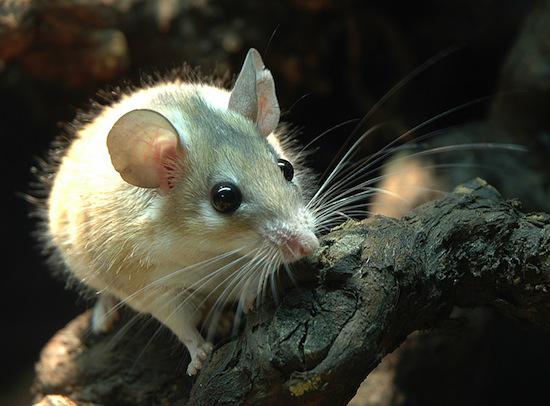
You change expression when you feel the pain? Here and mice too. In 2010, researchers from McGill University and the University of British Columbia (Canada) found that mice, when they are hurt, do roughly the same "faces" as people.
The researchers explained why they need it - knowing when laboratory rodents have pain, they will be able to avoid the infliction of torture without a special need.
4. muttering in his sleep like delfinov
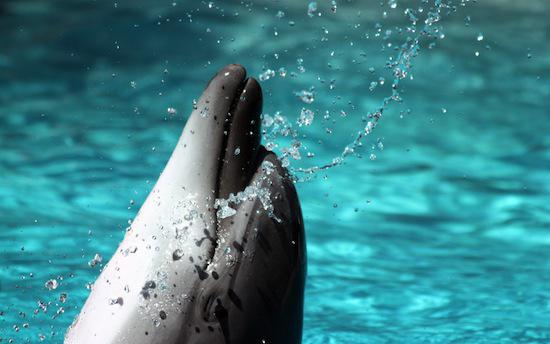
French scientists have recorded unnatural marine mammal sounds that they made late at night. Five dolphins living in a marine park in France regularly listened to the record day "whale song" (sounds made by cetaceans to communicate). And at night, they imitate these sounds, and scientists believe it is a form of muttering in his sleep, similar to a human.
5. Building skills like osminogov
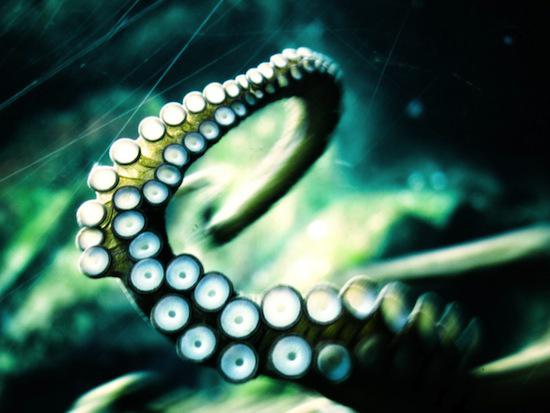
Octopus korotkoruky uses coconut shells, to build a mobile house. When he wants to travel, it adds up to a pile of shells as plates, grabs them with his tentacles and goes on a journey across the ocean floor.
6. Movements like zmeehvostki
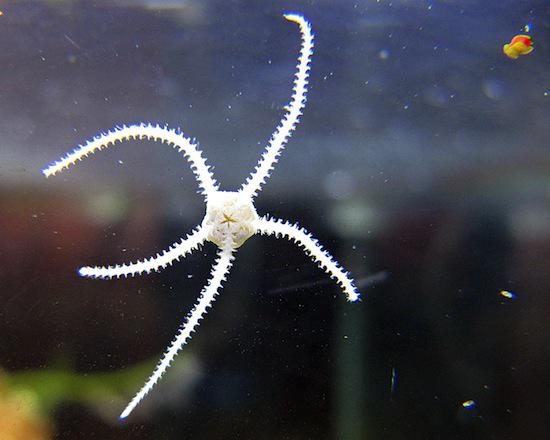
The body is less like a man than the zmeehvostki, it is difficult to even imagine. This creature resembles a starfish, it is not even the central nervous system. And, nevertheless, it is a miracle pyatirukoe moved to the coordination is very similar to the human gait.
Zmeehvostki body has radial symmetry, i.e. it can be divided into two identical halves repeatedly drawing imaginary lines through the tentacles and the central axis. In humans and other mammals, for comparison, the body has a mirror symmetry: to divide us into two identical halves can be only one way - to draw an imaginary line along the body.
Most creatures with radial symmetry move very little, and if they move, the up and down - like a jellyfish, which "pushes" itself through the water. A zmeehvostki move forward, perpendicular to the axis of your body - this skill we used to take for the designated mirror symmetrical creatures.
7. The brain is like a golubya
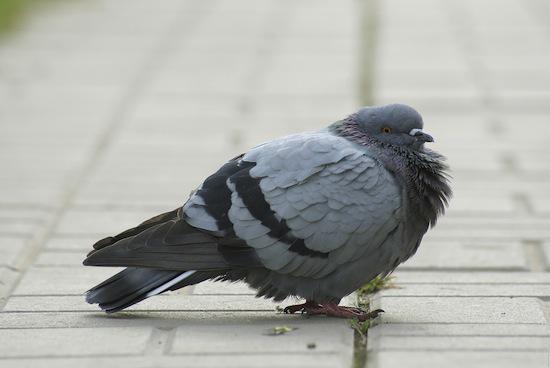
Players, squander money in Vegas, has something in common with the usual pigeons. This is not only a passion for shiny objects. Both are willing to risk in that they have, in order to (maybe!) To get a big score.
During a scientific experiment in 2010 pigeons offered a choice between a button press which ensures a small, but 100 per cent reward and another that does not guarantee anything, but occasionally by clicking on it you could get a bigger reward. Pigeons choose the second.
Questionable decisions can be explained by the desire to once again relive the wonder and joy of unexpectedly fortunate. At gamblers, scientists believe, is triggered by the same mechanism.
Source www.mixstuff.ru
via factroom.ru
Dog Jenny saved more than 900 cats and received the title of "Cat of the Year"
Horn River in Oregon - the world's only river, which grow underwater mushrooms


